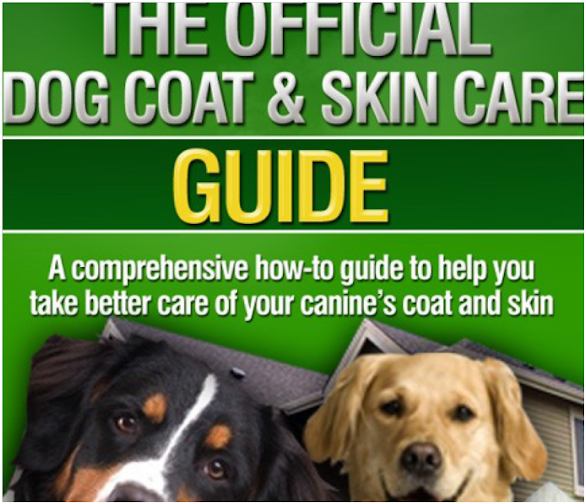That probably includes the SARS CoV-2 virus, which scientists widely believe originated in bats.
There are still questions about specifically where the SARS-CoV-2 virus emerged. But experts across the globe agree that communities can take steps to reduce the risk of future spillovers.
A key is for veterinarians, doctors and scientists to work together, recognizing how closely connected human health is with that of animals and of the habitats that we share – an approach known as One Health.
To prevent new pandemics, scientists need to identify specific locations where viruses are most likely to make the jump from animals to humans. In turn, this requires understanding how human behaviors – from deforestation to fossil fuel combustion to conflict to cultural activities – contribute to spillover risks.




